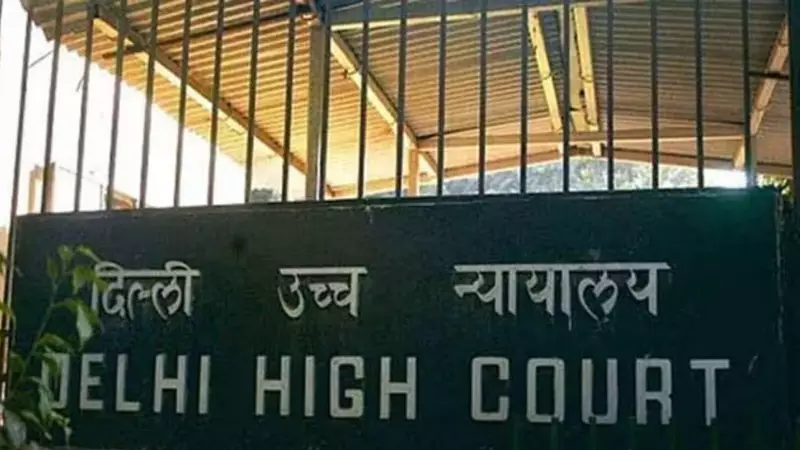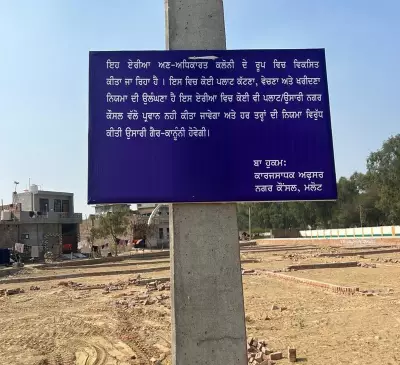
In a significant ruling that balances social justice legislation with financial sector stability, the Delhi High Court has clarified that the provisions of the Scheduled Castes and Scheduled Tribes (Prevention of Atrocities) Act cannot be used to prevent banks from exercising their legitimate mortgage rights.
The Landmark Case That Set the Precedent
The judgment came while Justice Subramonium Prasad was hearing a petition filed by Punjab National Bank against a man from the Scheduled Caste community. The individual had taken a loan of ₹1.65 crore from the bank in 2015, offering his property in West Delhi's Tilak Nagar area as collateral security.
When the borrower defaulted on repayments, the bank rightfully initiated proceedings under the Securitisation and Reconstruction of Financial Assets and Enforcement of Security Interest (SARFAESI) Act to recover the outstanding amount by taking possession of the mortgaged property.
How the SC/ST Act Was Misused in This Case
The borrower attempted to shield himself from the bank's recovery actions by filing a complaint under the SC/ST Act. He alleged that the bank officials were harassing him despite knowing he belonged to a Scheduled Caste community.
However, the Delhi High Court saw through this tactic and delivered a clear message: "The provisions of the SC/ST Act cannot be used to thwart the bank from taking action for recovery of the loan amount."
Court's Rationale: Protecting Financial Systems
Justice Prasad emphasized that allowing such misuse of the SC/ST Act would have severe consequences for the entire banking system. The court noted that if financial institutions were prevented from recovering loans from defaulters belonging to SC/ST communities, it would create an impossible situation for banks.
"If such a contention is accepted, then no bank would ever give a loan to a person belonging to the SC/ST community because the bank would have no remedy to recover the loan amount in case of default," the court observed.
Broader Implications for Banking and Social Justice
This judgment serves multiple important purposes:
- Protects banking operations: Ensures financial institutions can continue lending without fear of being unable to recover loans
- Prevents misuse: Stops the SC/ST Act from being weaponized against legitimate financial recovery processes
- Balances rights: Maintains the delicate balance between social justice legislation and economic stability
- Supports financial inclusion: Actually helps SC/ST communities by ensuring banks remain willing to lend to them
The Legal Foundation
The court's decision aligns with Supreme Court precedents that have consistently held that the SC/ST Act should not be misused to settle personal scores or avoid legitimate financial obligations. The SARFAESI Act provides banks with specific rights to recover loans, and these cannot be arbitrarily suspended by allegations under other legislation.
This ruling reinforces that while the SC/ST Act serves the crucial purpose of protecting marginalized communities from discrimination and atrocities, it cannot be used as a shield against valid financial recovery processes.






